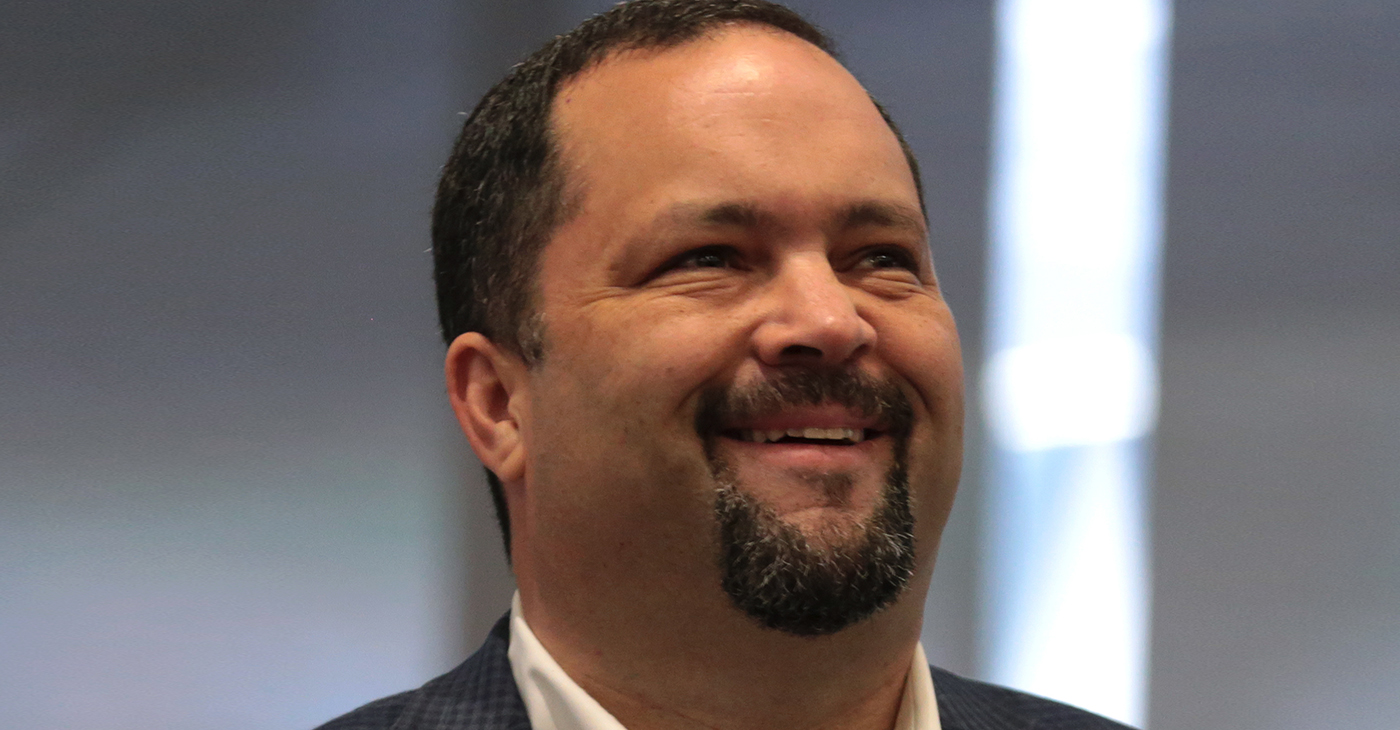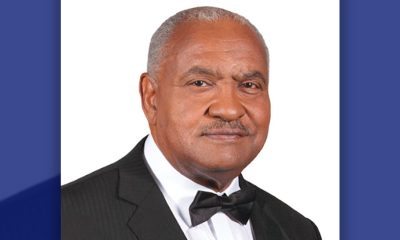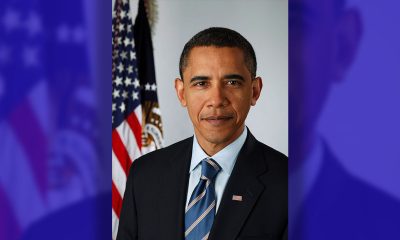Black History
COMMENTARY: Senate Republicans Block This Generation’s Voting Rights Act: Will President Biden Meet the Challenge?
The Freedom to Vote Act would reverse many of the new anti-voter laws. It would expand access to voting by mail and early voting, make voter registration automatic, and make Election Day a federal holiday. Together, these measures will increase access to voting for working people, Black and Brown voters, women, and people with disabilities. The bill will also end abusive partisan redistricting and help stop billionaires from buying our elections.

#NNPA BlackPress
COMMENTARY: The National Protest Must Be Accompanied with Our Votes
Just as Trump is gathering election data like having the FBI take all the election data in Georgia from the 2020 election, so must we organize in preparation for the coming primary season to have the right people on ballots in each Republican district, so that we can regain control of the House of Representatives and by doing so, restore the separation of powers and balance that our democracy is being deprived of.
Activism
Congresswoman Simon Votes Against Department of Homeland Security, ICE Funding
“They need accountability. Republicans already gave these agencies an unprecedented $170 billion for immigration enforcement, funding they have used to conduct raids at schools, separate families, and deploy a masked paramilitary who refuse to identify themselves on American streets. This bill gives them more funding without a single reform to stop unconstitutional, immoral abuses,” she said.
Activism
Post Newspaper Invites NNPA to Join Nationwide Probate Reform Initiative
The Post’s Probate Reform Group meets the first Thursday of every month via Zoom and invites the public to attend. The Post is making the initiative national and will submit information from its monthly meeting to the NNPA to educate, advocate, and inform its readers.
-

 #NNPA BlackPress4 weeks ago
#NNPA BlackPress4 weeks agoJefferson County (AL) Democrats Open Qualifying for 2026 Primary Elections
-

 #NNPA BlackPress4 weeks ago
#NNPA BlackPress4 weeks agoCOMMENTARY: With Gratitude and Praise for 2026
-

 #NNPA BlackPress4 weeks ago
#NNPA BlackPress4 weeks agoOP-ED: The Dream Cannot be Realized Without Financial Freedom
-

 #NNPA BlackPress4 weeks ago
#NNPA BlackPress4 weeks agoTravis Scott Teaches Us How to Give Forward
-

 #NNPA BlackPress4 weeks ago
#NNPA BlackPress4 weeks agoFour Stolen Futures: Will H-E-B Do The Right Thing?
-

 Activism2 weeks ago
Activism2 weeks agoOakland Post: Week of January 21 – 27, 2026
-

 Activism1 week ago
Activism1 week agoLife Expectancy in Marin City, a Black Community, Is 15-17 Years Less than the Rest of Marin County
-

 Activism1 week ago
Activism1 week agoOakland Post: Week of January 28, 2025 – February 3, 2026


























































